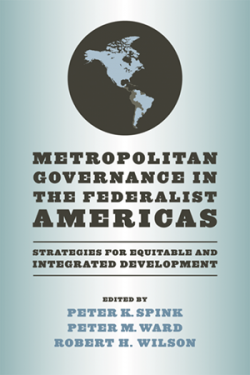How Texas can improve its chances for post-pandemic economic recovery
Coronavirus has revealed weaknesses in the Texas economy that we must address, write Kirk Watson and LBJ Urban Lab Director Steven Pedigo.
"As more than 1.5 million Texans lined up for unemployment, a blinding light was shone on our state's inequities and vulnerabilities. Now, as business activity begins to resume across the state, we can no longer debate or deny their existence.
"Texas needs a new playbook for our new normal, one that addresses our state's economic soft spots and redefines who we are going forward. We shouldn't just try re-creating the past. We have a responsibility and the opportunity to evaluate the policies that restrict our potential and subscribe to ones that will make us better able to weather shocks to our economy and our residents's health and well-being, and allow all Texans to share in the state's prosperity.
"Achieving a more resilient and equitable future won't be easy, but our Playbook for Resiliency, released this week, outlines detailed strategies and actions."


